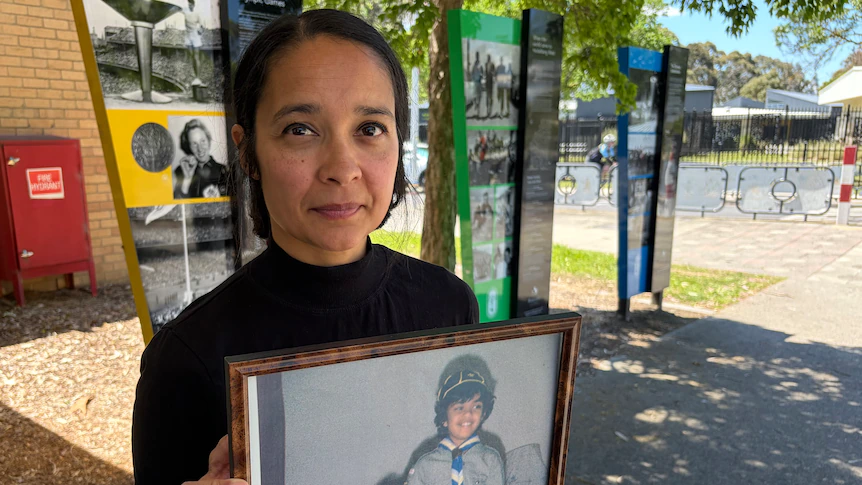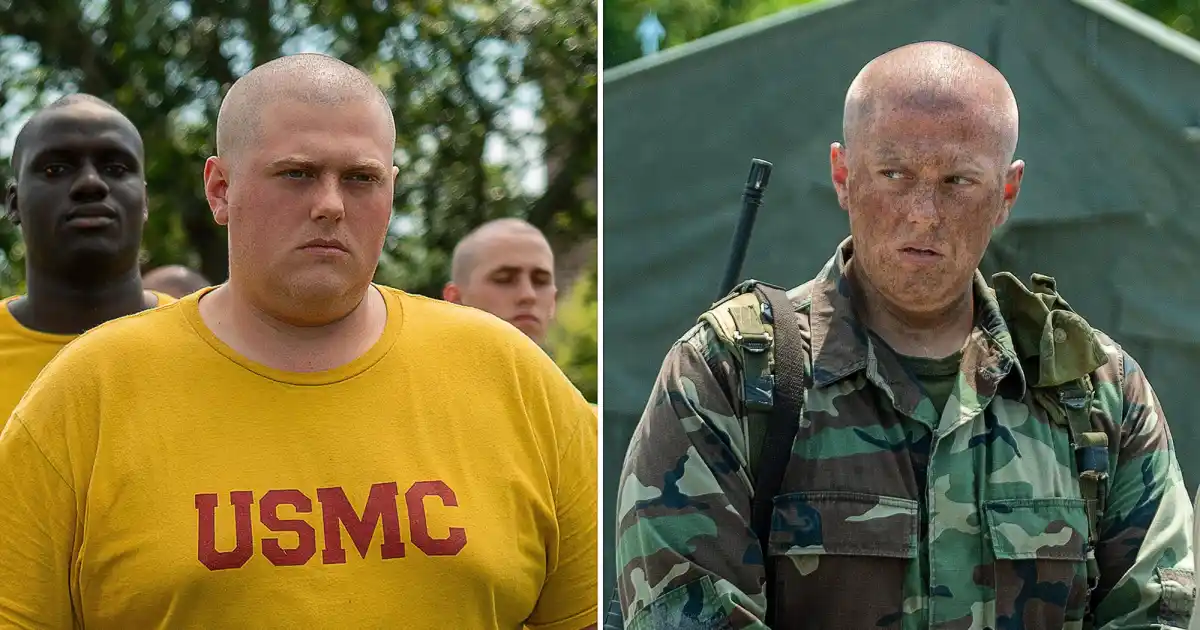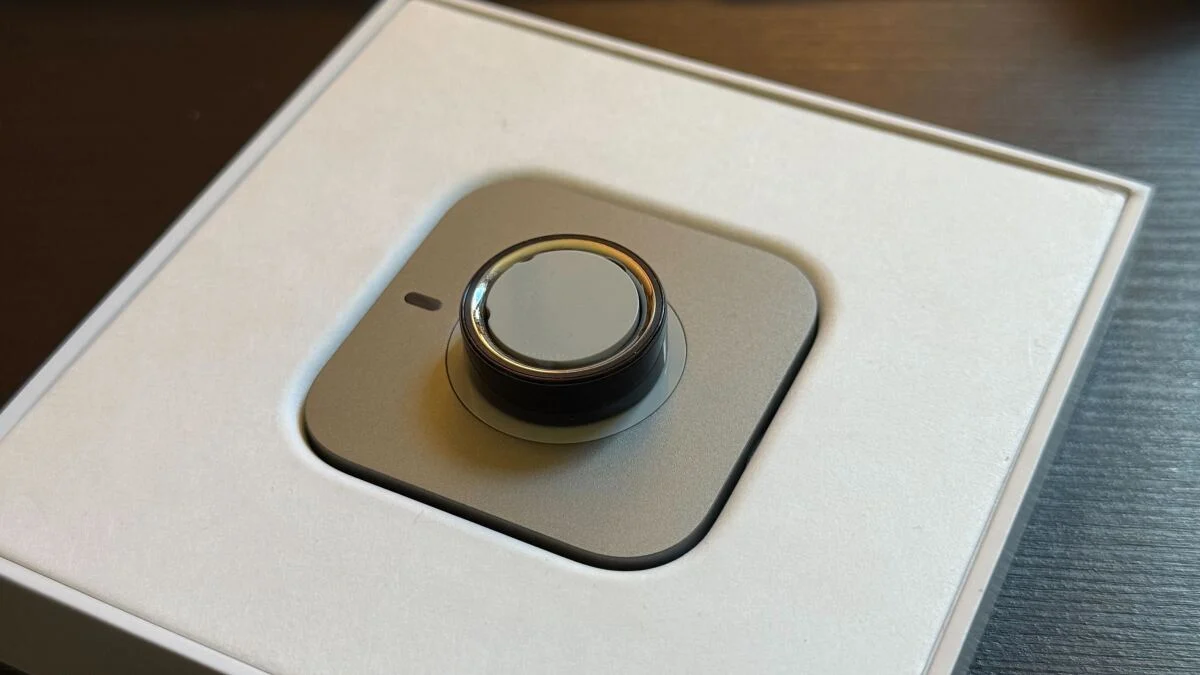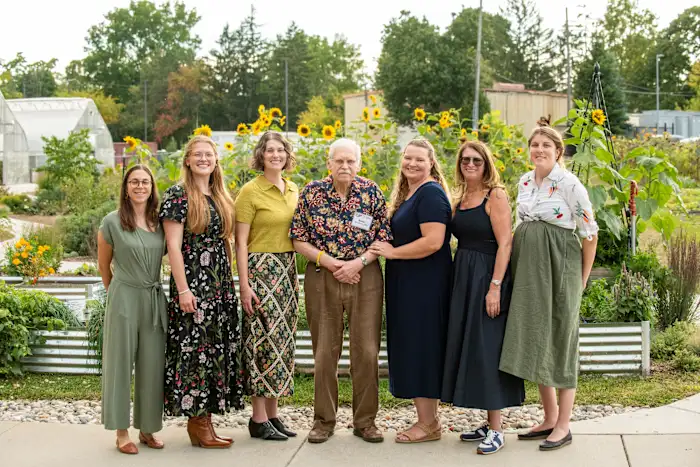Copyright abc

Jennifer Loulie gets emotional talking about the closure of her local public pool in suburban Melbourne. It's where her older brother, Jean-Pierre, drowned, 45 years ago. "We lost my brother there, on the 25th of March 1980. He drowned in the big pool," she said, adding there wasn't a qualified lifeguard on duty when it happened. Her parents had only just moved from Mauritius to Heidelberg West, in Melbourne's north-east, to get better support for Jean-Pierre who was profoundly hearing-impaired. Ms Loulie lives right near the pool, where she swam laps during her pregnancy, and hoped her children would learn to swim. "I learned to swim here, knowing that he had drowned — it kind of just gave me more motivation to want to learn to swim," she said. But the Olympic Leisure Centre pool will close for the final time today, after Banyule Council voted in June to decommission it, citing low patronage and high running costs. Ms Loulie said she feels embarrassed for the council that local children, including her own, won't be able to learn to swim at the local pool. "Thinking about the disinvestment in this facility — this could happen to another child in our area, not knowing how to swim," she said. "We don't want any family to go through what we've gone through. She said she will "reluctantly" take her children to learn to swim at Ivanhoe, about 3km away, but for many in the community, what happens next is not clear. Research project to examine consequences of pool closure Liz Taylor from Monash University is researching the impact of the pool closure on the community's health. "We know that people value them, and that it's really hard to keep them open, but there's actually no study that's looked at what happens to people after a swimming pool closes," Dr Taylor said. She said many of Australia's public swimming pools were built after World War II, and many are now beyond their end-of-life date. As those pools aged, into the 1990s, she said the idea and the value of a public pool changed. "They became seen as really outdated and mainly understood as kind of liabilities," she said. She said a really strong "save our pool" movement grew around this time, with successful protest movements around the Fitzroy Pool in 1994, the North Melbourne Pool, as well as ultimately failed campaigns in Flemington and Footscray. She said the arguments around the Olympic Leisure Centre echo the debates around those inner-city pools in the 1990s. "[They say] it's too expensive, it's old, nobody likes it — but the people who live there they use it and they like it," she said. She said there is no doubt councils are under incredible financial pressure, but hopes the value of pools can be captured not just in budgets and numbers. Community fights to continue women's-only space The Heidelberg West community knows the pool will close, but they are still fighting. The day before the pool cover went on for the last time a group of about 20 residents took the fight to the Banyule Council offices in Greensborough — in the same building as the large WaterMarc leisure centre where two huge water slides snake around the outside. Fatuma Abdullahi is part of a group of Muslim women who attend the pool every Friday evening for a women's-only swimming session. "We can't go [swimming] in public places because we have the hijab, we are Muslim." Inside the council offices, the group met with the council's director of community well-being, Joseph Tabacco, who told them the council is working towards finding a place for the women to swim regularly. That includes the possibility of women-only sessions at Reservoir, La Trobe and Ivanhoe pools. But Mr Tabacco acknowledged it's difficult to find a solution that suits everyone. "It's not a quick solution, we can't make it happen at the click of a finger," he told them. Fowsiya Abdullahi said the pool is crucial for her mental health. "When I'm stressed, that's where I go to feel better for my mental health. It's very important for me in my life," she said. As a mother of five children, she said it will be hard to find somewhere else for them to swim in the summer. Margaret James is 83 years of age and said she's "pretty devastated" the council is closing the pool. She said she will have to keep swimming at one of the "posh" pools, but she will lose the community at Olympic Leisure Centre. "Here, people will stop and say, "I haven't seen you before!" she said. "And if you miss for a few weeks, "are you alright? I haven't seen you!" Lawyers urge council to follow through There is a legal team watching what happens next, too. Bethany Moore is an associate at Maurice Blackburn lawyers, and she has written to the council, asking them to make sure the women's group have somewhere to swim. "It's really about providing a service that continues this offering to the women of community connection and healthy lifestyle activities," Ms Moore said. "If they can't offer that alternative, we're going to continue working with the community to see what other options they might have." In a statement, Banyule mayor Elizabeth Nealy said the "revitalised" Olympic Leisure Centre will include a modern library, an expanded gym and flexible recreation and social spaces. "We acknowledge and appreciate that the closure of the aging aquatic facilities at Olympic Leisure Centre marks the end of an era," she said. "While this is a farewell to the pool, it's also the beginning of something new — and we're excited to be delivering a revitalised space that will meet the changing needs of our community for generations to come."



